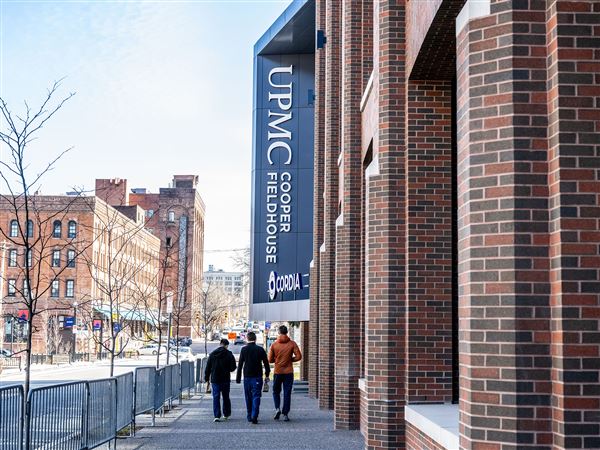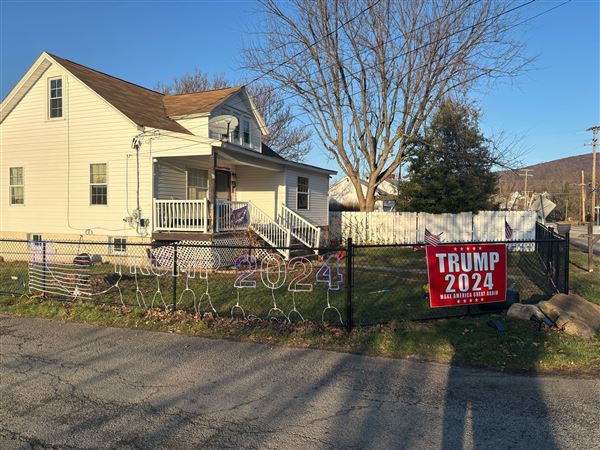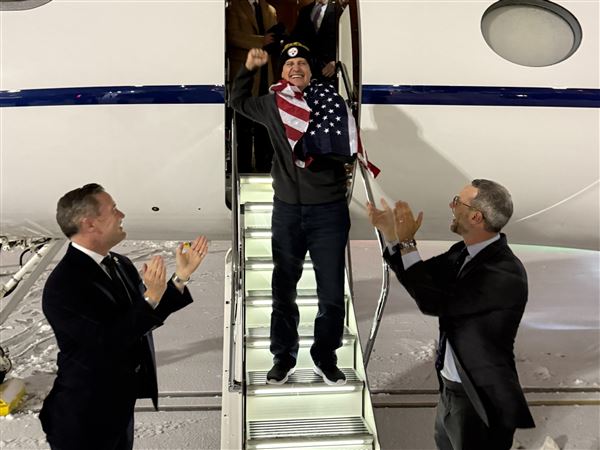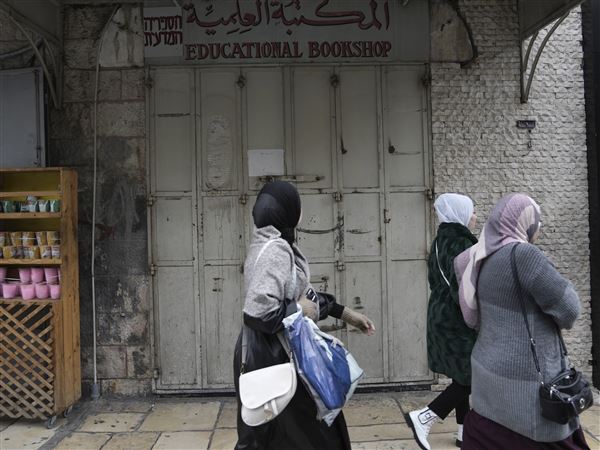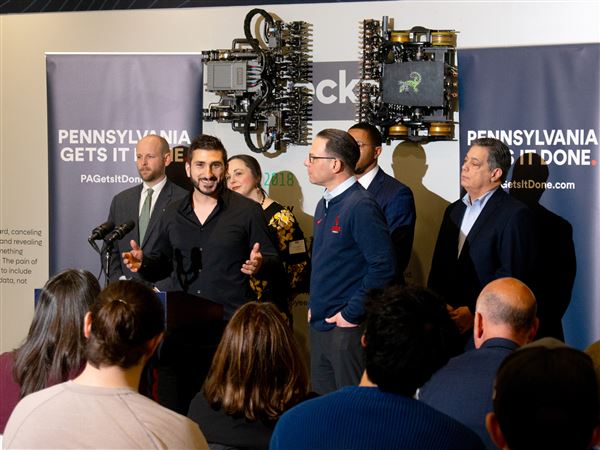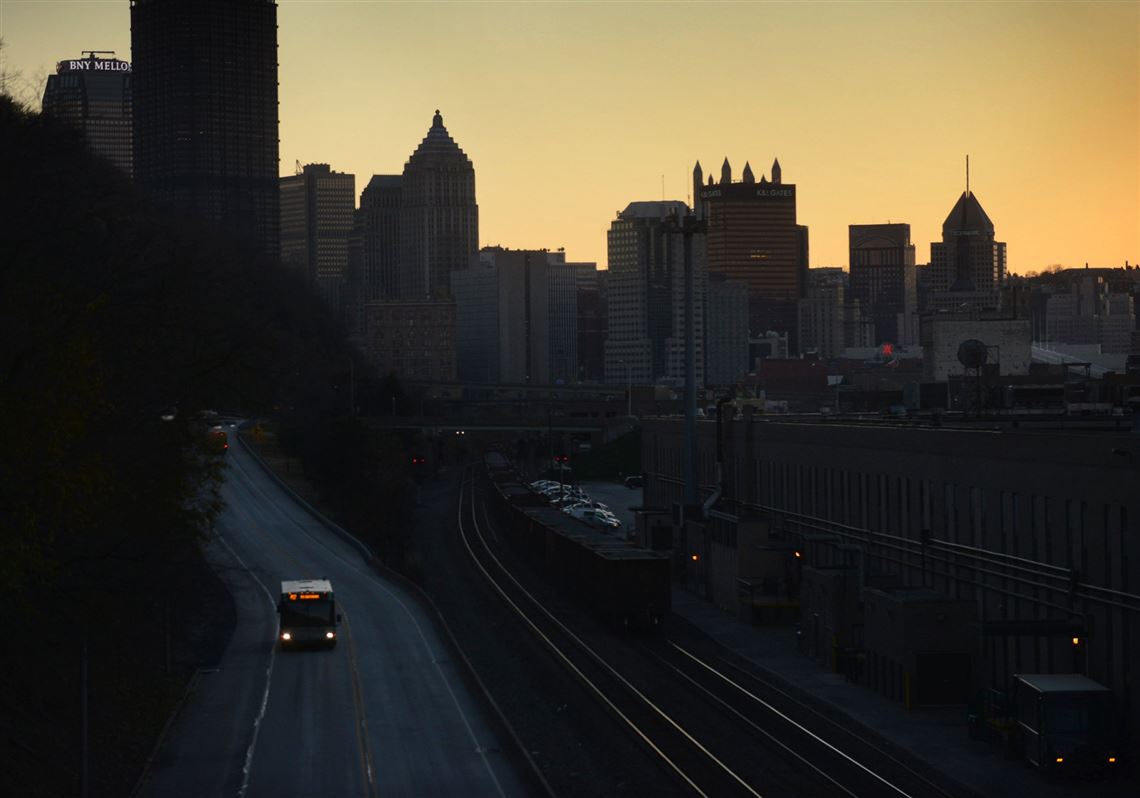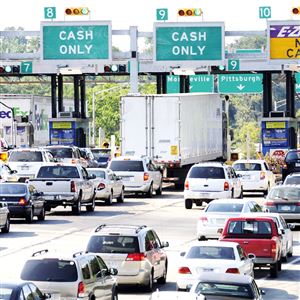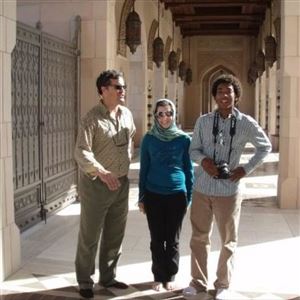As with many things in life, the future of the proposed extension of the Mon-Fayette Expressway hinges on the delicate balance between the cost and the benefit of the 13-mile toll road.
On the one hand, a study released Tuesday by a national nonprofit transportation group showed the extension from Jefferson Hills to the Parkway East in Monroeville and a proposed addition to the Martin Luther King Jr. East Busway would generate 5,850 construction jobs over four years and 20,780 permanent jobs in and around the economically struggling Mon Valley. It also would substantially reduce travel times between communities by adding a bridge across the Monongahela River.
On the other hand, the highway is projected to cost $1.6 billion, a hefty price for the Pennsylvania Turnpike Commission, which already pays about $600 million of its $980 million annual budget for debt service. The agency has revised plans for the long-discussed highway and is expected to submit them for federal approval next year, but it is awaiting a report next month on the cost and need for all of its capital projects before it decides whether to proceed with the Mon-Fayette extension.
Port Authority is doing a feasibility study on a proposal to extend the busway from Swissvale to East Pittsburgh or Turtle Creek. It then would link with an expressway exit to form an intermodal facility where commuters could park and take a bus to Oakland or Downtown Pittsburgh. The cost of that project is estimated at $100 million and likely would require heavy federal and state funding.
The economic study was performed by TRIP, a national nonprofit transportation group in Washington, D.C., sponsored by insurance companies, equipment manufacturers, distributors and suppliers, businesses involved in highway and transit engineering and construction, and labor unions, among others, according to its website. The organization weighs in on transportation projects as agencies near a final decision on whether to proceed.
The job figures are based on an estimate of employment impacts of highway and transit investment generated by President Obama's Council of Economic Advisers, the study said.
The TRIP study confirms the benefits long touted by Joe Kirk, executive director of the Mon Valley Alliance. The Mon Valley Progress Council, which Mr. Kirk formerly headed, and the Middle Monongahela Industrial Development Authority merged earlier this year to form the alliance.
At a news conference Tuesday outside the Duquesne VFW, Mr. Kirk called the highway the “crucial first step” to rebuilding the economy of the Mon Valley. The study showed 75 percent of businesses in the area would use the road and 25 percent expected to hire more employees if it is built.
“This region has waited long enough,” said Mr. Kirk. “It is not an underestimate to say [transportation] is the cornerstone to development.”
As an example, Mr. Kirk pointed to the economic growth in the North Hills that followed construction of Interstate 279 in the 1980s, especially housing and commercial development. The Mon Valley development would be different, he said, because towns already exist whereas much of northern Allegheny County southern Butler County was undeveloped before the highway was built.
Maury Burgwin, president of the Mon Yough Area Chamber of Commerce, said the highway extension is the missing link to rebuilding the former steel communities.
“We have the river. We have the rails. What's missing is the road, ” he said.
The turnpike commission’s decision on what construction projects to fund ultimately may decide the fate of the expressway extension. Chairman Sean Logan, a former Monroeville mayor and state senator, has said the expressway likely would not be brought up again if the commission decides not to proceed at this time.
The commission has said it needs relief from the annual $450 million payment it makes to the Pennsylvania Department of Transportation to help fund public transit sooner than 2023, when it declines to $50 million a year. State Rep. Paul Costa, D-Wilkins, said there has been little movement on that funding-relief proposal or his idea to try again to place tolls on all interstate highways, even though federal officials rejected a similar effort to install tolls on Interstate 80 under former Gov. Ed Rendell.
Mr. Costa, long a proponent of the busway extension in particular, said officials have to find a way to pay for the projects. There are still about 1,000 acres of brownfield sites in Duquesne and East Pittsburgh waiting for redevelopment, the study said.
“You have a bunch of communities that would reap the benefits,” Mr. Costa said. “They really need it.”
Ed Blazina: eblazina@post-gazette.com or 412-263-1470.
First Published: August 23, 2016, 3:15 p.m.
Updated: August 24, 2016, 3:51 a.m.
